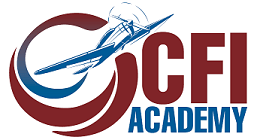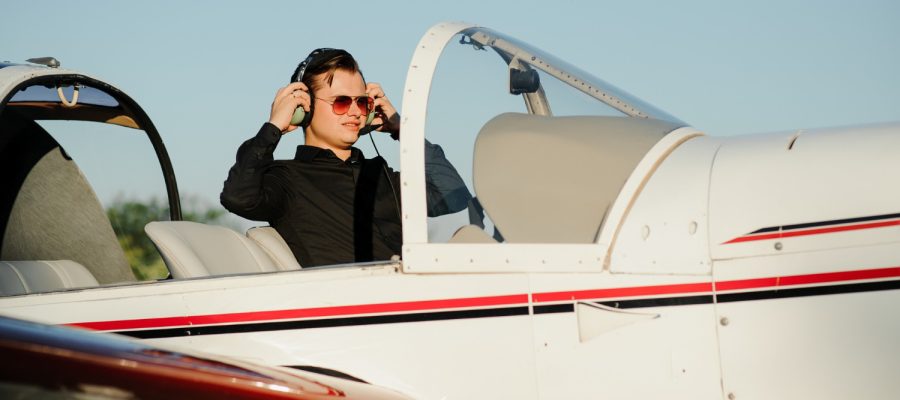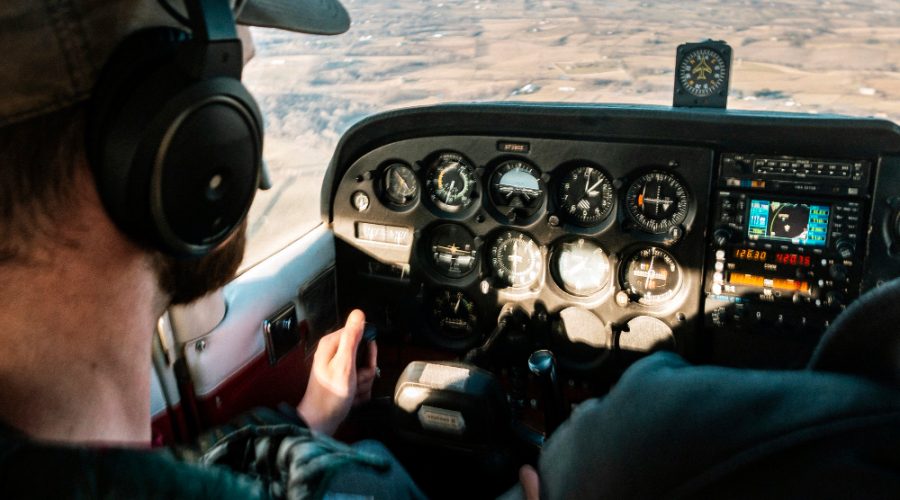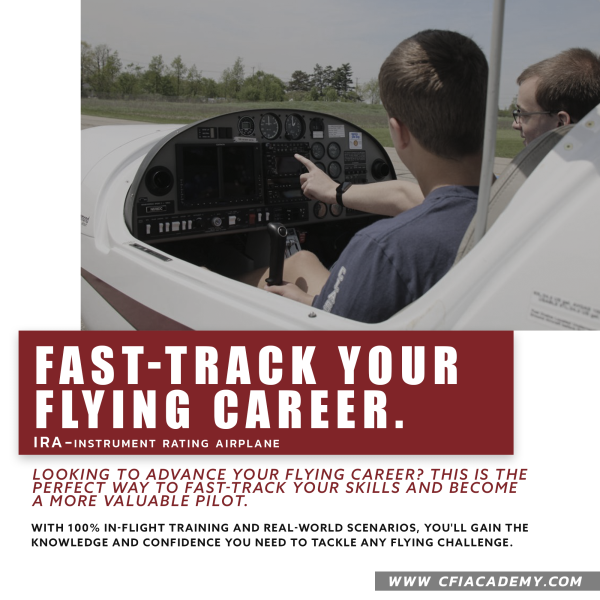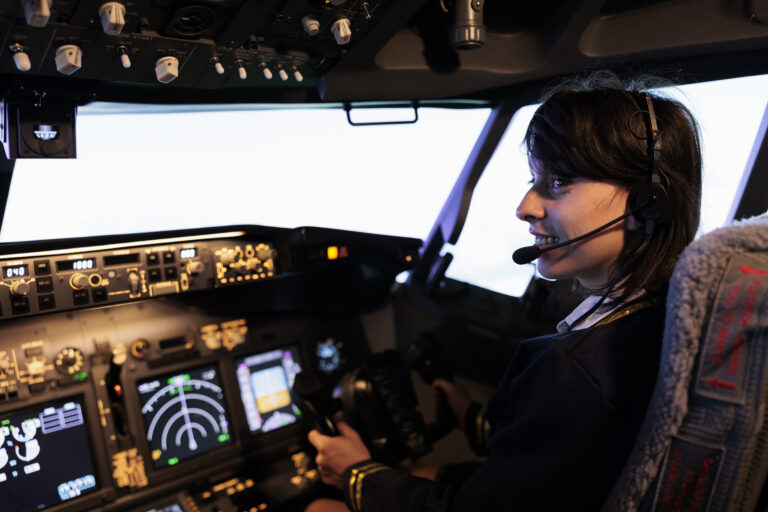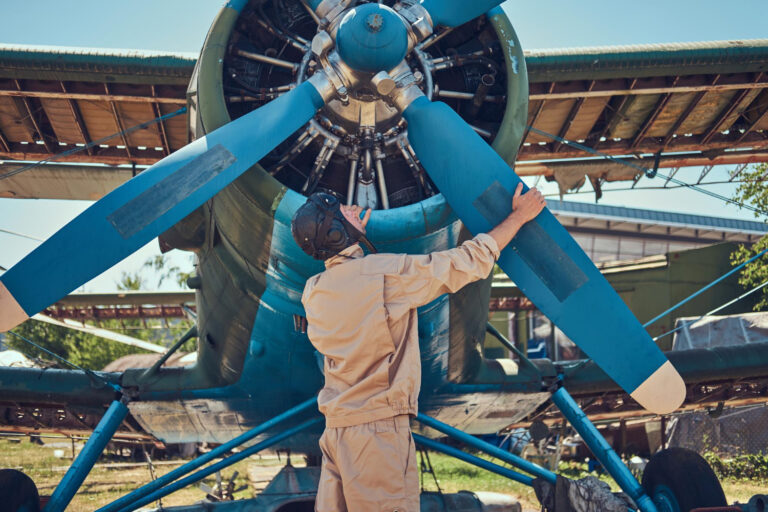Mastering Weather Challenges in Single-Engine Flight
Flying a single-engine aircraft can be a thrilling experience, but it comes with its unique set of challenges, especially when facing unpredictable weather conditions. In this guide, we’ll explore common weather-related challenges encountered by single-engine pilots and provide valuable insights on making safe decisions and navigating through adverse situations.
Understanding Weather Challenges for Single-Engine Aircraft
Before taking off, it’s crucial for pilots to have a solid understanding of local weather patterns. Learn how to interpret weather forecasts, identify potential hazards, and assess the overall atmospheric conditions affecting your flight. A well-informed pilot is better equipped to anticipate challenges and plan accordingly.
Decision-Making Strategies in Adverse Weather
When faced with unexpected weather challenges, decision-making becomes paramount. Explore effective strategies for making informed decisions, including assessing risk factors, considering alternative routes, and knowing when to postpone or divert a flight. These decision-making skills are essential for ensuring the safety of both the pilot and passengers.
Utilizing Technology for Weather Challenges
Modern technology offers powerful tools for navigating through adverse weather conditions. Discover how to leverage weather radar, satellite imagery, and real-time updates to stay ahead of changing weather patterns. We’ll also discuss the importance of staying connected to ground resources for updated information during the flight.
Tips for Safe Navigation in Single-Engine Aircraft
Safe navigation is a core skill for every pilot, especially when flying solo in a single-engine aircraft. Explore practical tips for maintaining situational awareness, adjusting to changing conditions, and using navigation instruments effectively. These skills are crucial for confidently handling unexpected challenges in the air.
Preparing for IFR (Instrument Flight Rules) Conditions
Emergency Procedures for Weather-Related Issues
Despite careful planning, weather surprises can still occur. Explore emergency procedures for single-engine pilots, including how to handle turbulence, thunderstorms, and icing. Understanding and practicing these procedures in advance can make a significant difference in maintaining control during unexpected weather events.
Continuous Learning and Adaptation
The aviation industry is dynamic, and weather-related challenges evolve. Emphasize the importance of continuous learning, staying updated on weather trends, and adapting to new technologies and best practices. A proactive approach to learning ensures that pilots are well-prepared for the ever-changing conditions of the sky.
In conclusion, mastering weather challenges as a single-engine pilot involves a combination of knowledge, decision-making skills, and continuous learning. By understanding weather patterns, making informed decisions, utilizing technology, and honing navigation skills, pilots can navigate through adverse conditions with confidence and prioritize the safety of themselves and their passengers.
